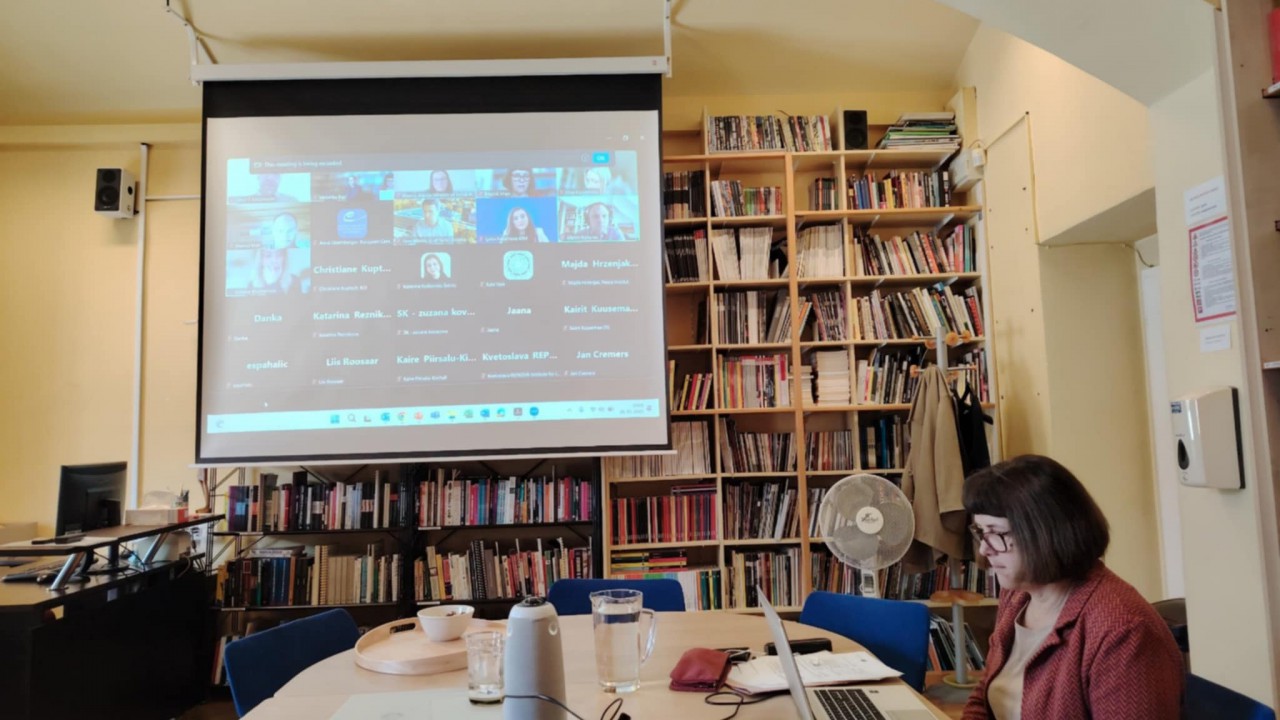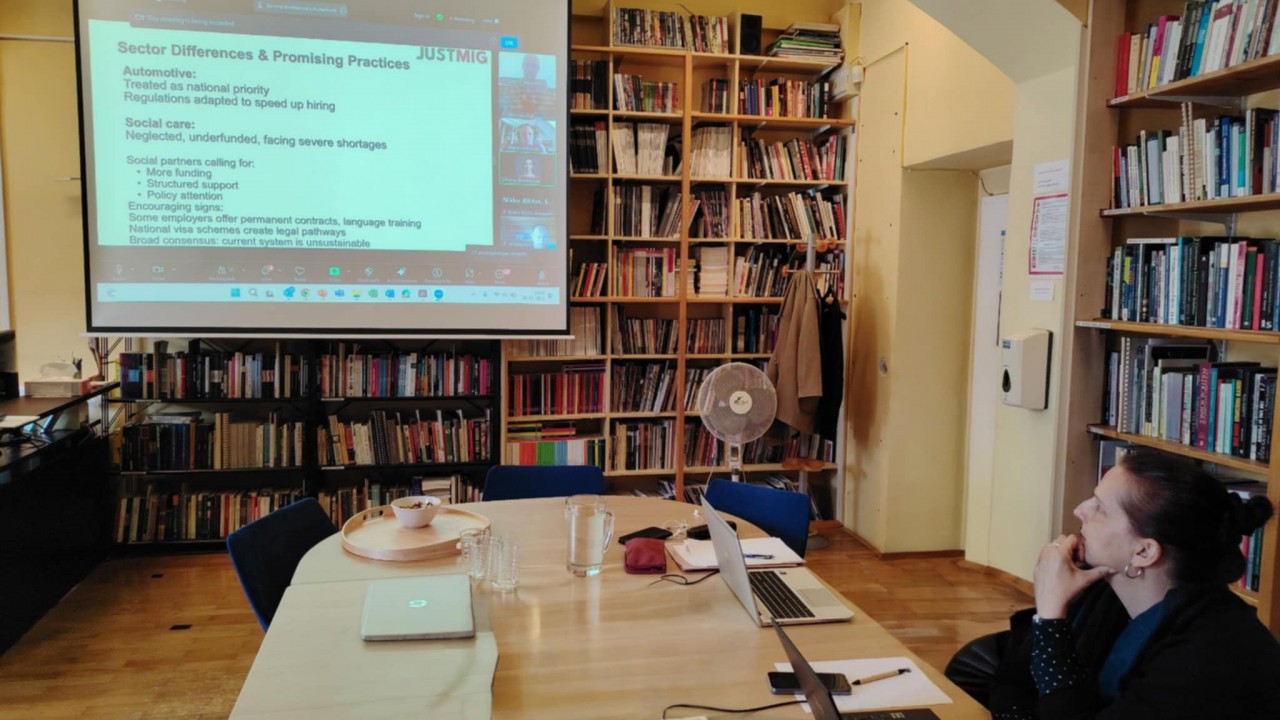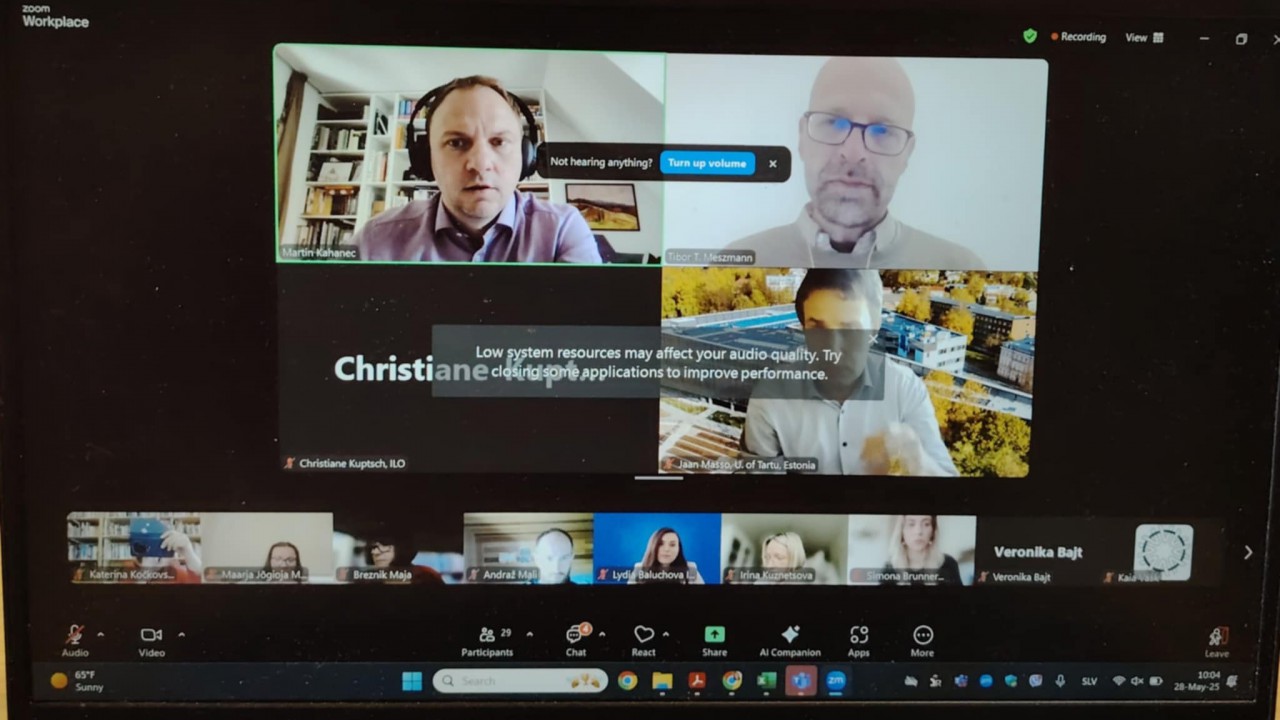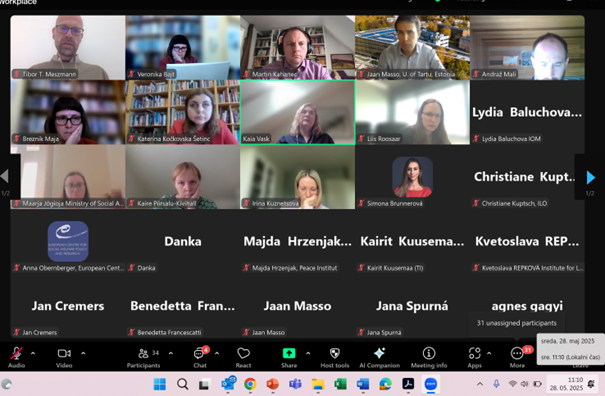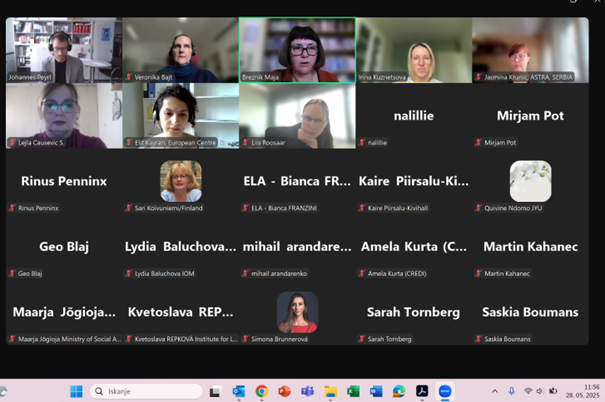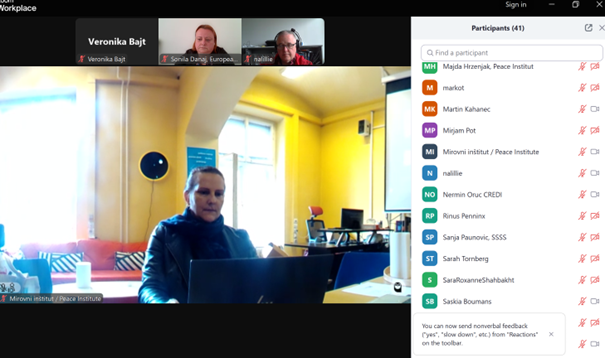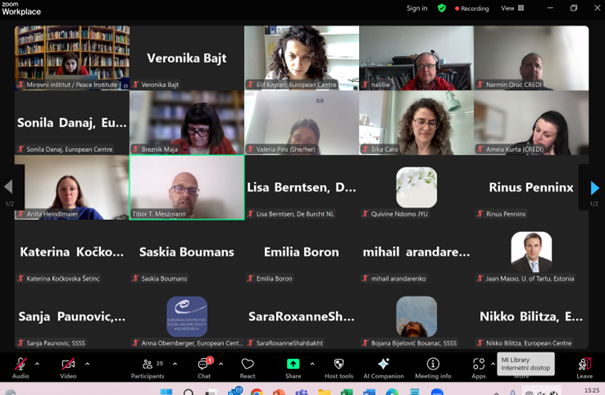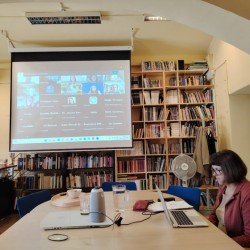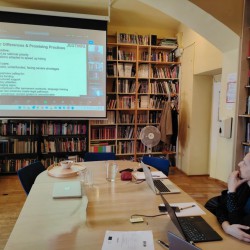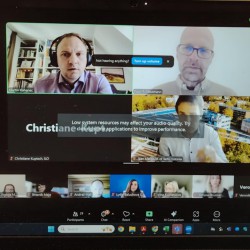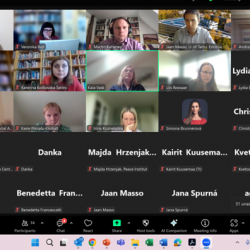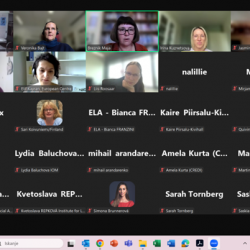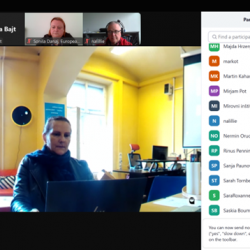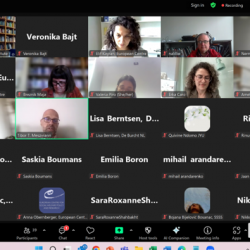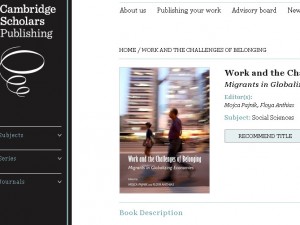JUSTMIG Final Conference Sheds Light on Hidden Migrant Labour Practices
30. 7. 2025 | Politics
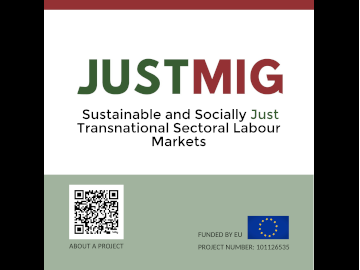
The final conference of the European research project JUSTMIG, held at the end of May 2025, brought together researchers, institutional representatives, social partners, and civil society to discuss fairer and more sustainable transnational labour markets for temporary migrant workers. The project, which is being implemented in six EU countries and three candidate countries, has shed light on the situation in four economically important sectors: food production, manufacturing, retail, and care.
The JUSTMIG project focuses on an increasingly pressing issue: how temporary employment of migrant women and men affects European labour markets, workers’ rights, and social justice. During two years of fieldwork, researchers from various European institutions analysed employment conditions, existing migration policies, and the role of intermediary networks in nine countries: Austria, Bosnia and Herzegovina, Estonia, Finland, the Netherlands, Serbia, Slovakia, Slovenia, and Ukraine.
At the final conference, they presented key findings and recommendations for the development of more inclusive and fair policies. The situation of temporary migrant workers in Slovenia was presented by researchers of the Peace Institute: Veronika Bajt, Maja Breznik, and Katerina Kočkovska Šetinc, as well as by Andraž Mali from the Centre for Social Research CEDRA and Goran Lukić from the Counselling Office for Workers (Delavska svetovalnica). Their contributions focused on labour migration from South Asian countries, which is becoming increasingly common in Slovenia and the wider region. They drew attention to the social segregation of migrants working in difficult conditions in the lowest-paid jobs, to the indebtedness of workers, and to the increasingly important role of intermediaries. They emphasized the importance of social dialogue for improving the situation of migrant workers. The fragmentation of work collectives, divided by citizenship, different types of employment contracts, and work for various subcontractors, requires trade unions to develop new forms of organization that will overcome fragmentation and revive worker solidarity. The contributions from Slovenia pointed out that the state must support trade unions by better protecting the right to strike so that new forms of solidarity can overcome the imposed fragmentation. Numerous state bodies and non-governmental organizations can contribute to better social integration of migrants, from providing information prior to arrival to offering counselling support in Slovenia, and from language learning assistance to solving housing problems. However, according to the conference participants, the role of agencies is the main reason why these migrants arrive with high debts, which make them vulnerable to super-exploitation. They therefore concluded that the priority is to eliminate the role of intermediaries in migration flows.
The JUSTMIG conference provided an important platform for linking scientific findings with practice and policy. It highlighted the need to develop sustainable and socially just solutions in the field of temporary migrant work that consider the complexity of transnational labour flows. The project thus lays the foundations for future research and concrete policy measures in favour of more inclusive European labour markets.
The research was conducted as part of the JUSTMIG project (project number 101126535), which involves six EU Member States and three candidate countries. It focuses on temporary migration, temporary employment and structural changes in the labour force, with an emphasis on industry and the service sector. The project is funded by the European Union.

